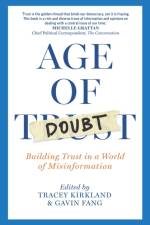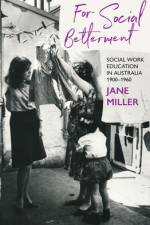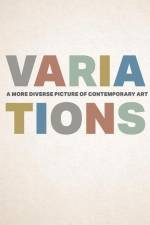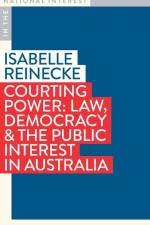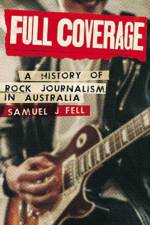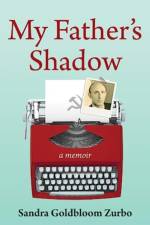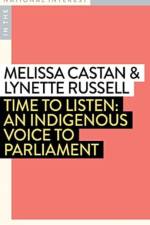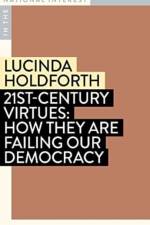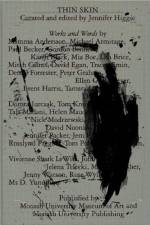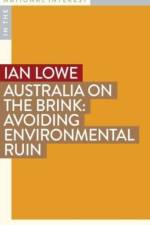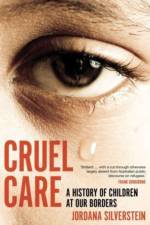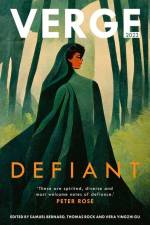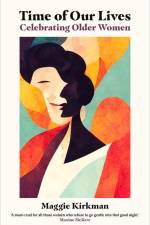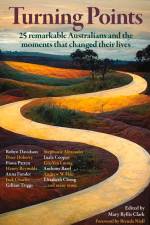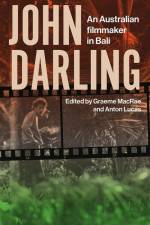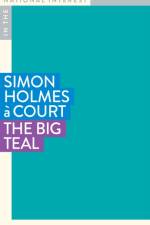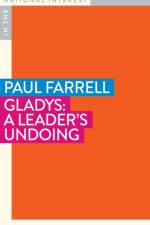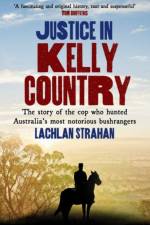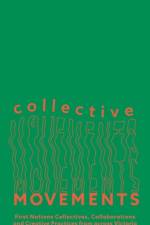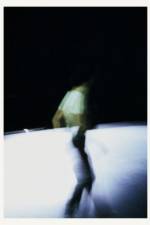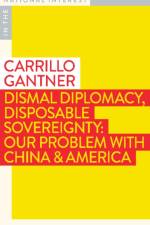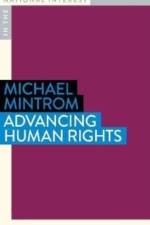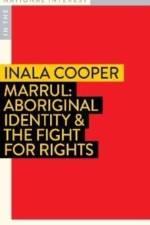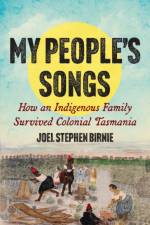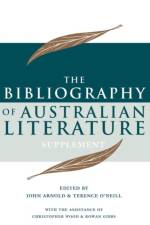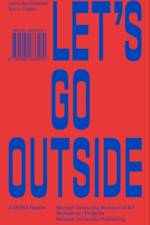av Anthony White
637
'Variation' is a term that embraces difference, and is core to the excitement and uniqueness of art practice. This book gives much-deserved attention to the work of artists with exceptional and varied lived experiences - including neurodiversity, diverse mental health, incarceration, and refugee, migrant and Muslim backgrounds - to transform how we understand contemporary visual art. The book's goal is recognising, appreciating and analysing artistic variation - a process in which artists' voices are central to their stories, including how their lives and works are presented, discussed, framed and theorised. The essays, profiles and images in this hardback, lavishly illustrated volume have been co-produced, and in many cases co-authored, with artists and writers who have direct lived experience of social and cultural variation. These profiles include short texts, many written by the artists themselves, accompanied by high-quality reproductions, to ensure the text is accessible to a range of readers. Interspersed between these profiles is a series of longer texts, co-authored by artists and writers, to provide a layered understanding of the contexts in which the works might be understood. These include essays and interviews that address questions of structural and social marginalisation, while exploring the important role of collectives, supported studios and arts organisations. To understand art-making in Australia, it is essential to listen to the voices of artists who live complex forms of social diversity. Engagingly written and beautifully produced, this book introduces readers to a new picture of contemporary Australian art. Some of the artists featured include: Melbourne-based Lisa Reid is one of over 150 artists at Arts Project Australia, a supported studio that has been working with neurodiverse artists since 1974. Reid's painting and drawing, characterised by humour and a highly distinctive graphic style, has attracted attention from private collectors as well as institutions, including the National Gallery of Victoria and Canberra's National Gallery of Australia. Safdar Ahmed is a Sydney-based artist, musician and academic, and a founding member of the Refugee Art Project. This organisation was initially founded to facilitate art workshops for people incarcerated in Villawood detention centre and to amplify their voices through exhibitions and self-published zines. Colombian-born Javier Lara-Gomez began making architectural models out of salvaged materials while incarcerated at Sydney's Long Bay Correctional Complex during the 1990s. As the artist noted, as he worked, he was ' bringing to life the dream that goes through my mind always when I think about my lovely family' . Geelong-born, Sydney-based artist Wart explores the experience of diverse mental health and the impact of institutionalisation in her art. Of the expressionistic works in her 2019 exhibition, ' Unravelling Moments in a Torn Mind', Wart explained: ' they're showing totally how screwed up you can be through colour and shape and mis-forming that shape.' Helen Sheferaw, who came to Australia from Ethiopia, has worked as a printmaker and designer with the support of not-for-profit printmaking studio The Ownership Project and The Social Studio, a fashion social enterprise. Her work documents the hope and trauma of the refugee migration experience, along with a celebration of her Ethiopian culture, from a deeply Christian perspective. Kamilaroi artist Frances Castles was taught by her grandmother in Walgett, New South Wales, to harvest and weave local river grasses. When Castles began working with The Torch, an organisation that supports Indigenous ex-offenders to connect with their culture and create art, she began to nourish knowledge and teach younger Indigenous women how to weave. With her woven baskets and textiles Castles wants a broader audience to ' get a sense of what this country is and what the culture is really about' .


